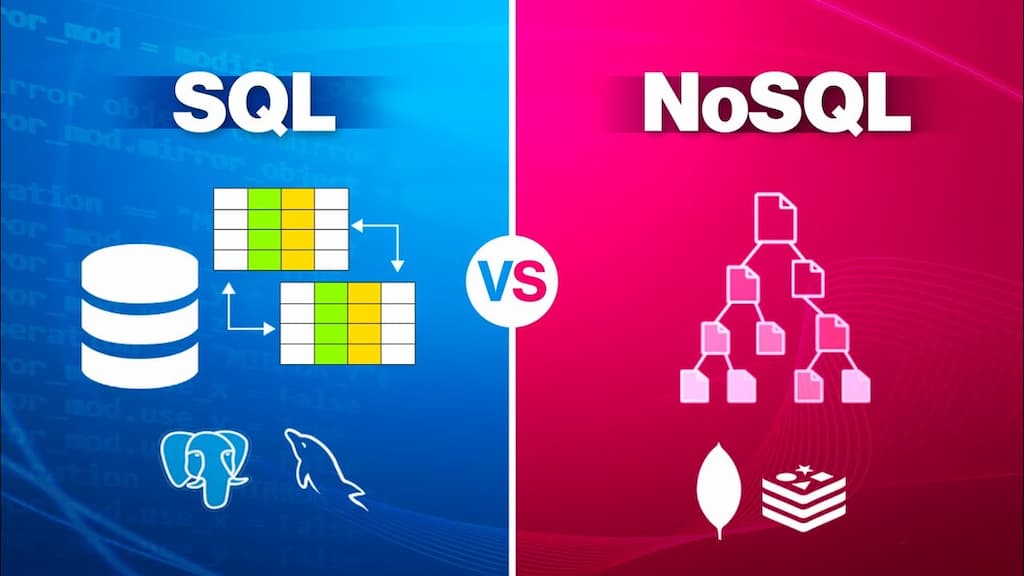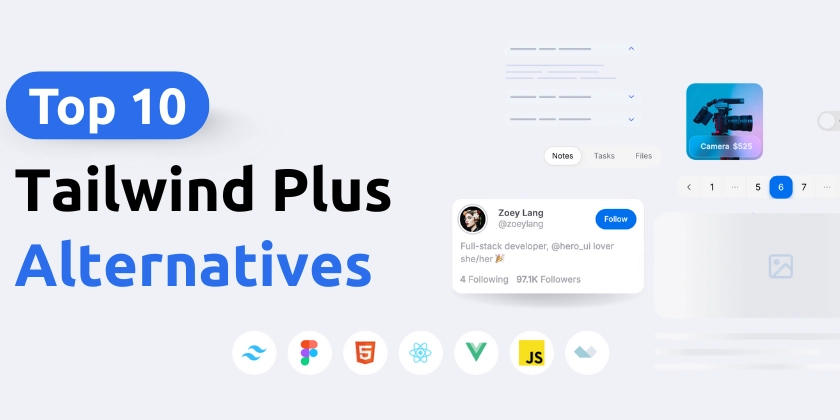
SQL VS NoSQL

Here's a detailed explanation of when and why to use SQL and NoSQL, along with examples of their...
Here's a detailed explanation of when and why to use SQL and NoSQL, along with examples of their usage in companies like Flipkart, Uber, and Netflix:
When to Use SQL:
Structured Data:
Use SQL when your data has a well-defined schema, and relationships between entities are important.
Transactional Consistency:
SQL databases provide ACID (Atomicity, Consistency, Isolation, Durability) properties, which are essential for financial transactions or critical operations.
Relational Data:
Ideal for applications requiring complex joins or relational queries.
Long-Term Data Integrity:
SQL databases are suitable for systems where schema evolution is minimal, and strong data integrity is a priority.
Examples:
Flipkart:
SQL Use: Order processing, payments, inventory management.
SQL databases (e.g., MySQL or PostgreSQL) ensure consistent order processing and inventory updates across the system.
Uber:
SQL Use: User accounts, ride bookings, payment processing.
Uber uses SQL databases like PostgreSQL for maintaining transactional consistency during ride booking and fare calculations.
Netflix:
SQL Use: User subscriptions, billing, and metadata.
Netflix uses SQL for financial operations that require strict consistency.
When to Use NoSQL:
Scalability:
NoSQL databases are horizontally scalable, making them suitable for applications with rapidly growing datasets.
Unstructured/Semi-Structured Data:
Ideal for storing unstructured or semi-structured data like JSON, documents, or logs.
Real-Time Performance:
Low latency and high throughput for real-time applications.
Flexible Schema:
Schema-less nature allows easy adaptation to changes in data structure.
Examples:
Flipkart:
NoSQL Use: Product catalog, search, and recommendations.
Flipkart uses NoSQL databases like MongoDB or Cassandra to handle the massive scale of product data and enable fast search and filtering.
Uber:
NoSQL Use: Driver tracking, real-time location updates.
Uber uses Cassandra to store and query time-series data for tracking driver and rider locations in real time.
Netflix:
NoSQL Use: Movie catalog, streaming logs, recommendations.
Netflix uses Cassandra to handle the large-scale, globally distributed movie catalog and stream metadata.
Conclusion
Use SQL when:
_Data consistency and relational integrity are critical.
The workload is transactional and structured.
Use NoSQL when:
Scalability, high throughput, and flexible schemas are essential.
The workload involves unstructured or semi-structured data, or when handling real-time data .

